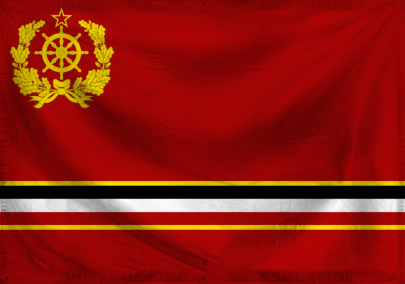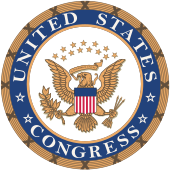
Fear and Loathing '68
Acid! (IC) • Abortion! (Congress) • Amnesty! (Discord)
- Code: Select all
[align=center]([url=https://upload.wikimedia.org/wikipedia/commons/thumb/4/4b/Seal_of_the_United_States_Congress.svg/170px-Seal_of_the_United_States_Congress.svg.png]Image[/url])
[hr][/hr]
([url=<Photo%20of%20Applicant%20Here>]Image[/url])
[hr][/hr]
Character Application and Information Sheet[/align]
NS Nation Name:
Character Name:
Character Gender:
Character Age:
Character Date of Birth:
Character Position/Role/Job:
Character Country/State of Birth:
Character State of Residence:
Character Party Affiliation:
Faceclaim:
Main Strengths:
Main Weaknesses:
Biography: (Minimum 2-3 paragraphs)
Other Info:
I have read and accepted the rules of the roleplay: (Your Nation's Name Here)
[size=30]Do Not Remove: DRAFT123123[/size]
By the way, in terms of referring to IRL politicians, they have different names in this RP, however everything else, unless otherwise noted, remains the same, including their appearance. Here is the list of names. If you are interacting with a politician not on this list, feel free to make up the name on your own:




















